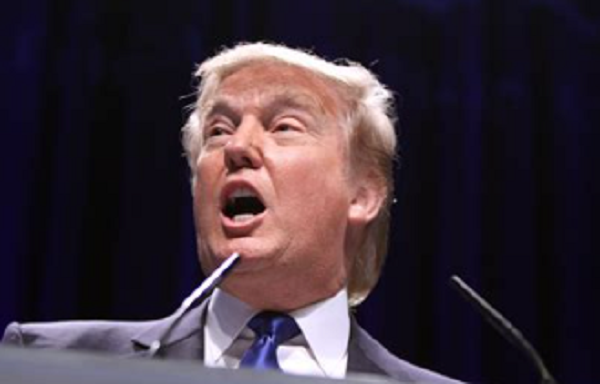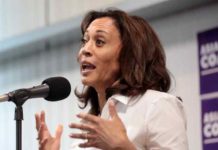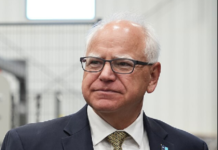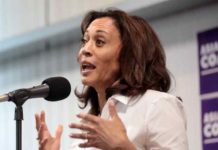Special Counsel Jack Smith has received another setback from a federal judge in relation to his efforts to expedite President Donald Trump’s trial before the November election.
A federal judge in Florida has raised doubts about the feasibility of Smith’s plan to bring Trump to trial in July for his alleged mishandling of classified documents. The charges against Trump revolve around accusations that he stored government secrets at his Mar-a-Lago estate after leaving office.
U.S. District Judge Aileen Cannon has not yet indicated whether she believes the trial can be held before the 2024 presidential election. However, during a crucial hearing, she expressed concerns about the complex legal issues surrounding the classified evidence required for the trial, which could potentially consume a significant amount of time over the next four months.
Trump’s legal team has emphasized that his ability to prepare for the Florida trial would be further impeded due to a separate criminal trial he is facing in New York. The New York trial, scheduled to commence on March 25, is anticipated to last for six weeks or even longer.
Judge Cannon signals doubts about Jack Smith’s timeline for Trump trial in Florida https://t.co/e74279bwxo
— POLITICO (@politico) March 1, 2024
While the trial for the classified documents in Florida is officially set to begin on May 20, there is a likelihood that Cannon will postpone it. The exact duration of the delay is uncertain at this time. Smith has proposed a new trial date of July 8, as the special counsel and the Democrats are making desperate attempts to derail Trump’s 2024 campaign. On the other hand, Trump’s lawyers argue that the trial should not proceed until after the election.
Cannon has expressed concern about the proposed timeline, noting that it would compress pretrial arguments and deliberation into short timeframes. She believes that trying to handle 13 motions in a day or two would be unrealistic. The political backdrop of the 2024 campaign is significant because if Trump is elected and the trial is still pending, he could potentially direct the Justice Department to terminate the case.
During the hearing, Cannon avoided directly referencing the election. However, she seemed open to the defense’s argument that various components of the federal government should be considered part of the prosecution team, which could impact the amount of evidence Trump and his co-defendants are entitled to. Cannon has indicated a willingness to hold a hearing on this issue. In the afternoon session, lawyers debated whether witness names and statements should be kept confidential, a request made by the prosecution.
Trump and his co-defendants oppose this sealing. Cannon questioned the necessity of secrecy, expressing concerns that it could limit public access to important case details. At the end of the hearing, Cannon did not provide any indication of when she would make a ruling on the trial schedule or the issue of secrecy.




